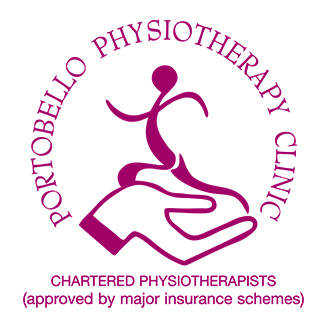Chartered Physiotherapists
Specialists in Musculoskeletal Physiotherapy
Frozen Shoulder
Frozen shoulder or ‘Adhesive Capsulitis’ is a painful condition which restricts movement in the shoulder joint. The onset of Frozen Shoulder may be idiopathic in nature whereby the cause or aetiology is unknown, or may be secondary to an acute trauma or surgery to the shoulder joint. The level of pain and the degree to which movement is restricted varies from mild to severe.

The condition typically occurs in those aged between 40-60 years and is more common in women than men. Other factors which have been shown to increase the likelihood of developing Frozen Shoulder include diabetes, thyroid disorders, smokers, cardiovascular disease and drugs which involve inhibition of matrix degradation. The condition is usually self-limiting and can be characterised by three distinct phases:
- Phase 1 or ‘Painful phase’ where there is a gradual stiffening up of the shoulder joint and increasing with movement. This phase typically lasts anywhere between 2-9 months.
- Phase 2 or ‘Freezing phase’ where pain starts to subside but movement continues to become increasingly restricted at the shoulder joint. This phase can typically last for anywhere between 4-12 months.
- Phase 3 or ‘Thawing Phase’ where there is an improvement range of movement and function is gradually restored to the joint. This can take anywhere between 12-42 months.
Frozen Shoulder Treatment
Physiotherapy techniques used in the management of frozen shoulder are effective in reducing pain and improving range of movement in the shoulder joint. Our Chartered Physiotherapists will provide a thorough assessment of your shoulder and once an accurate diagnoses of frozen shoulder has been confirmed we will commence treatment to help reduce pain, improve movement and regain lost function. The type of treatment will depend on the phase of the condition and may include any of the following techniques: joint mobilisation, passive stretching, acupuncture, dry needling, acupuncture, myofascial release techniques, laser, TENS.
Ready to take the next step?
Learn more about our Patient-Centered Approach to Care or schedule a new patient consultation.


